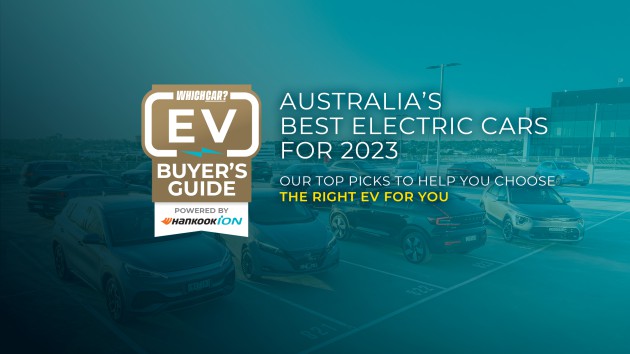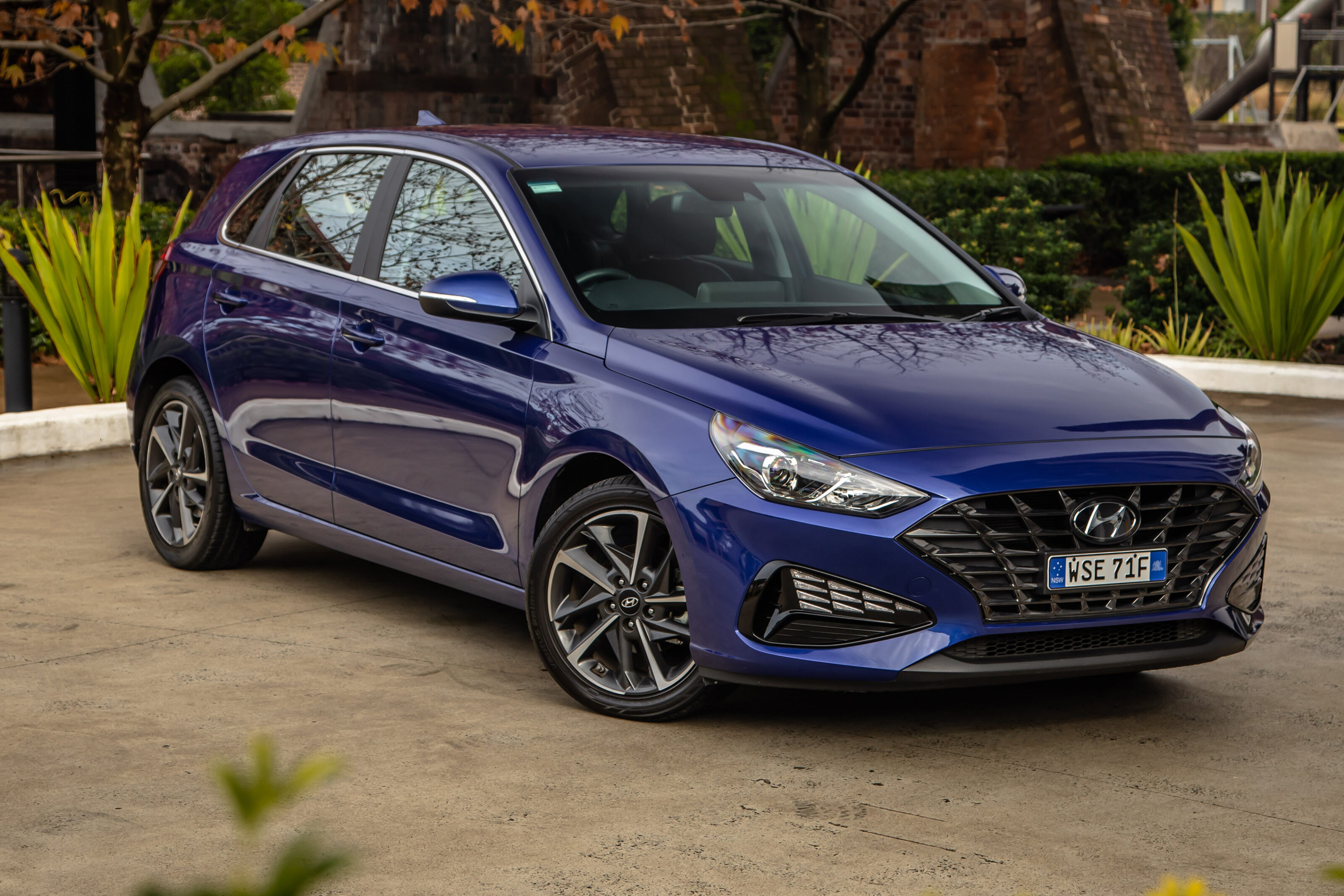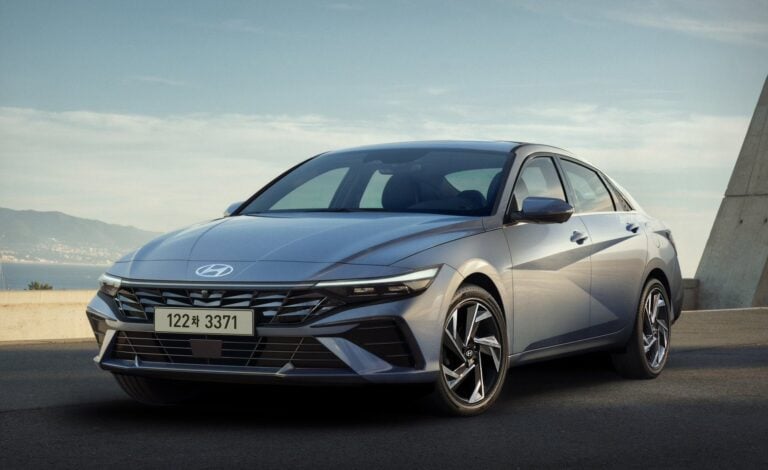A new generation of the Hyundai i30 hatch is desired but not confirmed, according to the Korean carmaker’s European division boss Michael Cole – although he has smartly left the exit door open on his comments.
Speaking with the UK’s Autocar at last week’s Hyundai Kona event in Berlin (which this writer attended but could not twist any executive into commenting on the i30), Cole said: For now, i10, i20, i30 are all still in our plan, even for the next generation. We’re looking at what we have. Exactly what we will have across those three lines, I can’t say today.”
It’s significant that Hyundai is prepared to say even this much, because brands with long histories in traditional small cars have been swinging the axe with apparent abandon over the past year, including the Ford Focus and Fiesta, and the Kia Rio – and even more in Australia, where the SUVocene is well-and-truly in effect.
In the Autocar interview, Cole said that while he believes a market still exists below the Kona – which, like all SUVs, costs more than an equivalent conventional car – he was at pains to be clear this concept is merely “in our thinking, rather than necessarily in our long-term plan now”.
It’s particularly important when considering the many buyers concerned about what options will exist when Europe enacts its ICE (internal combustion engine) ban in 2035. A number of brands in Europe sell compact EVs, with models like the Fiat 500e available from AU$32,000, although it’ll cost from $52,000 in Australia. Many compact EVs in Europe are dearer than the 500e, too, like the Opel Corsa-E from around AU$57,000 in the UK. That’s a smidge over the starting price of a Kona Electric in Australia.

Australia’s best electric cars for 2023
We’ve tested nearly every EV below six figures in Australia to rank the best on sale today
“We don’t want to lose any customers, I don’t want to walk away from any customer group. So we have to think about those i10, i20, i30 customers,” Cole said.
“What could the future with electrification look like for them? It doesn’t necessarily mean it’s going to be [the] Hyundai Kona or Hyundai Ioniq 5. We have to think about what could come sub-Kona.”
One solution, Cole said – again being sure to specify a personal view only – could be the market evolving towards subscriptions.
“I do believe monthly payments and even moving towards subscription-type scenarios will help. I can see – and this is a personal view, not a corporate decision – a situation where we have a smaller EV that would just go onto subscription, and we keep the vehicle in a programme for five, six, seven years,” he said.
Cole’s thinking appears founded for the Australian market: according to 2019 data submitted to the Australian Treasury by the National Automotive Leasing and Salary Packaging Association, there are over 180,000 active novated leases in Australia. (Other, unconfirmed sources claim a number closer to 400,000). Plenty of opportunity for EVs to find popularity.
Likewise, a Novated Lease Australia survey of 1000 Australians – considered a statistically significant sample – matching “the age and geographical spread of the Australian population”, found that 46 per cent of respondents would switch to an otherwise prohibitively expensive EV if it were through a novated lease.
As for whether a next-generation i30 hatch would come to Australia, Hyundai’s local arm isn’t offering any definitive comments – but as most of our Hyundai and Kia cars come from Korea, and the i30 has never held much market sway there, it could prove a tricky business case.







